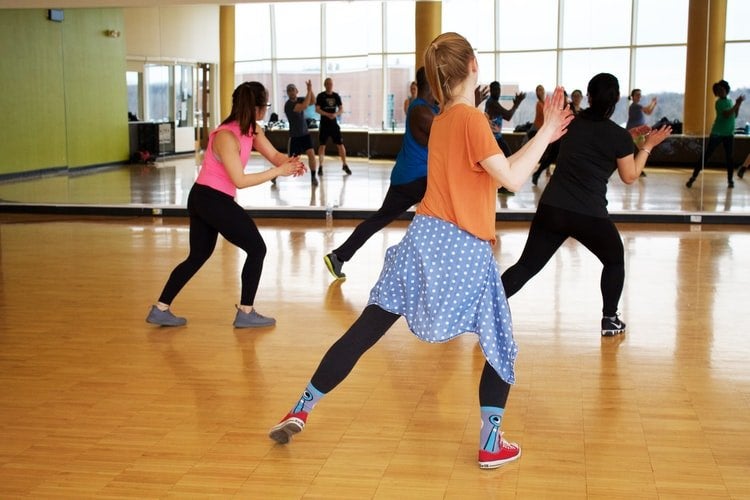We have seen in recent years that the majority of Americans, young and old, use some form of social media, whether that be snapping a quick BeReal, wishing a long-distance cousin happy birthday on Facebook, or spending hours scrolling through endless TikTok videos. Any way you look at it, though, this social media use can be pretty time-consuming, and with unnecessary time consumption comes exposure to its adverse effects.
Social media is seen to have a negative effect on our mental health and is typically correlated with increased symptoms of anxiety and depression. Coupled with being a college student and the stress of school life, this mix of emotional distress can negatively impact academic performance, which can have significant effects on overall wellbeing. Generation Z has seen higher rates of social media use (averaging 57.93 hours per week), increasing our chances of interacting with discriminatory content putting any POC interface user in an upsetting mental state.
But fear not, because there’s a solution to this technology-induced mental health crisis: deleting social media. Not only does it free up a lot of time to expand our horizons, but it has also been shown to have a liberating effect on people. That also means less exposure to negative interactions on the internet. Of course, this comes at the price of FOMO, a.k.a. fear of missing out. While deleting social media can feel great for a day or two, the resulting feelings of FOMO can induce anxiety because of the lack of interactions among our network of internet users.
As with every problem, though, we can work towards a solution to combat those difficult feelings. Here, I present some worldly advice on fighting FOMO from a fellow student who’s deleted or stopped using, many forms of social media.
It may sound cliche but join some clubs or activities. When you put yourself out there and take the time to find things you enjoy, your focus will be centered on doing the things you love rather than envying the activities of others. Some great clubs on the UMass campus that are open to join year-round include the UMass Outing Club, the Board Game Club, the K-Pop Dance Club, the Animation Club, and many more. You can find all these wonderful opportunities to meet new people through the Campus Pulse website which allows you to interact with and find meeting times of different campus organizations.
Volunteer work is a great way to interact with great people while doing a good deed, all the while keeping yourself distracted from the whispers of FOMO. Social media has put us in a state of artificial connection in a world where we really need true human interaction. Volunteering can give us that necessary interaction and lets us give back to our community in a positive way. It can reduce stress, which reduces the negative health outcomes that result from stress and leave us with a pleasant feeling.
Get that sudden itch to reach for your phone and surf through some celebrity gossip or see the latest drama with your friends? Pick up a book instead! Reading a good fiction book can be therapeutic and engage people in a form of social interaction without another person being there, similar to social media. Reading can provide high social support for the mind and opens people to a higher understanding and feeling of empathy. The books don’t need to be long novels or use sophisticated language, you simply have to enjoy the read. Fiction is good for the soul and mind and helps you develop important cognitive skill sets that can improve your interactions between people or your academic performance.
The bottom line: deleting social media is easier than you think and there are many ways you can still stay connected without feeling left out. Whether that be physical interactions with other people or an imaginary world building up with a good book, combatting FOMO can be the healthiest decision you’ve ever made.
Can’t get enough of HC UMass Amherst? Be sure to follow us on Instagram, listen to us on Spotify, like us on Facebook, and read our latest Tweets!




